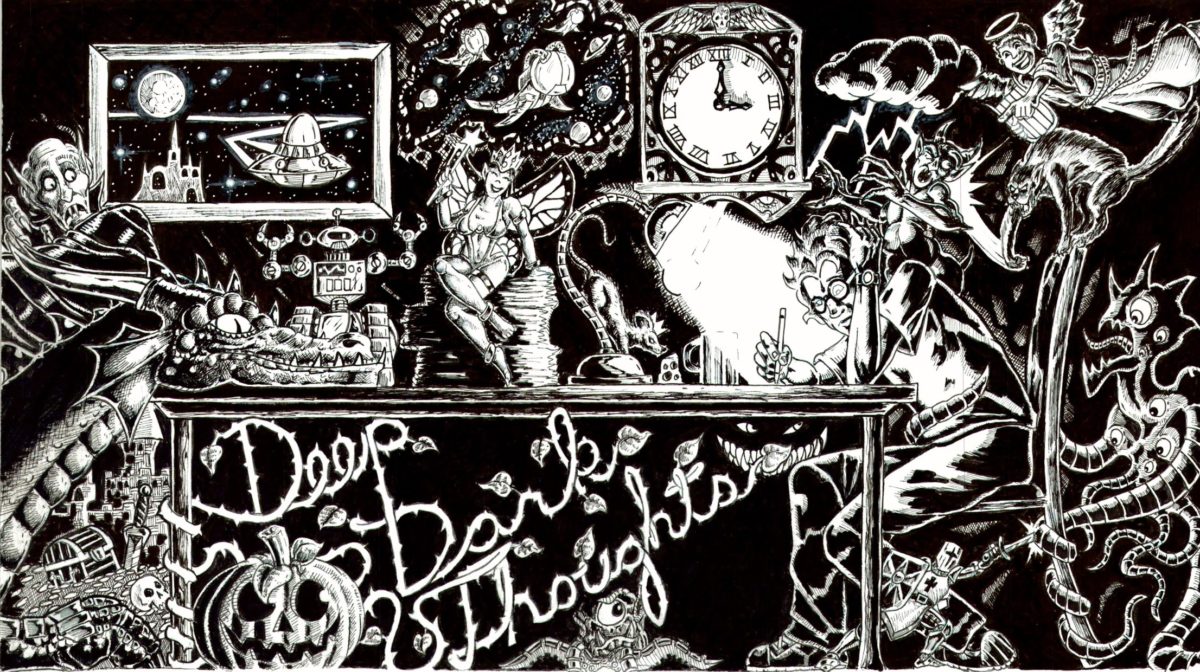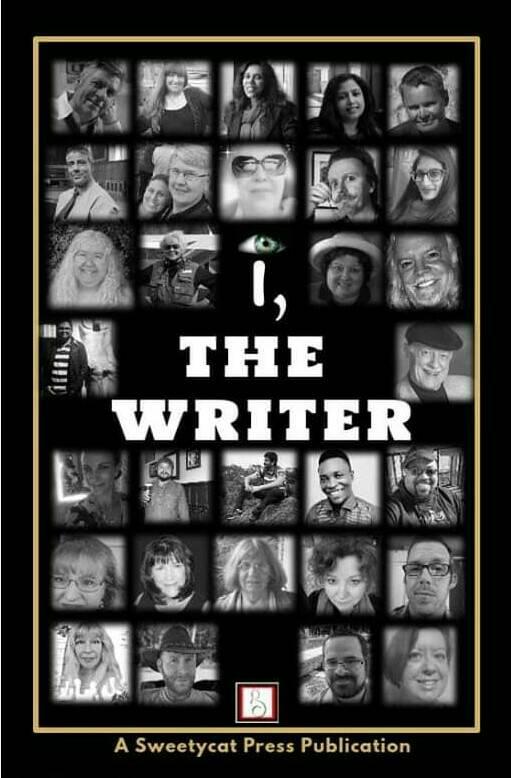
I have a confession to make. It’s not something I generally share or even like to say out loud, but I believe I’ve kept silent about this part of myself long enough. It’s time to tell the world and expose my shameful dark secret. I may lose a few friends over it, but that is risk I suppose I must take.
I am a grammar Nazi.
Yes, it’s true. I know the difference between “then” and “than,” I know when to say “I” instead of “me,” and I can even use “who” and “whom” in the proper order. When friends, loved ones, and family speak improperly, I just smile and nod my head, but deep down I am judging them. I am judging them hard and without mercy.
When I hear the word “supposebly” instead of supposedly, I flinch. If I hear the phrase “for all intensive purposes” uttered, I have to cry silently in the dark for a while. And when someone tells me, “I could care less,” I think I actually die a little inside.
Some of my family members already know this fact about me. My wife in particular has made it quite clear if I correct her speech one more time, that she will bury my body so deep “they won’t find it until long after the statue of limitations has run out for the murder.”
To which I replied, “It’s supposed to be ‘statute’ of limitations.” But I said it very quietly because I don’t want her to poison my food.
My kids have also been the recipients of my grammatical attentions during their lifetimes. The results have been mixed as one of them has become a grammar Nazi herself, while the other is functionally illiterate. I won’t say which is which, but if you ever meet them you can probably figure it out for yourselves.
So, how does one become a grammar Nazi? I’m not sure. I suppose it’s already one strike against you when you are raised by a mother who is a high school English teacher. I cannot remember a time in my life that my writing and my speech weren’t constantly scrutinized and corrected. It started when I was three and I used a set of wooden alphabet blocks to spell “KAT.” When I went to my mom to show her my accomplishment, she shook her head, picked up the “K” block and threw it in the garbage.
Okay, it wasn’t really that bad, but it was close. I recall writing essays for school that my mother would read before I turned them in. (Mind you, I never gave them to her to proof-read; she just always managed to find them.) She would return them to me marked in red pen, and tell me, “You can do better. Turn off the cartoons and fix it.”
While my writing and my grades did improve, my relationship with my mother did not. My relationships with my friends also suffered noticeably. I figured out very quickly that telling your best friend that “irregardless” is not a real word will not be as appreciated as you might think. And, if you happen to mention to that same friend that “doing a complete 360 degree turn” means you’re actually still facing in the exact same direction, that is a good way to get a thorough beating in the parking lot after school.
I learned to keep my mouth shut (mostly) and my opinions to myself (sometimes), but the urge to correct the slightest verbal slipup has never gone away. It’s like any addiction, and I find myself falling off the wagon constantly. If there were group meetings for this, I would happily attend.
“Hello. My name is Gary, and I am a grammar Nazi. I try to nip it in the butt, but in this doggie-dog world we’re all just biting our time while looking for an escape goat to make ourselves feel like we pass mustard. I can only take it for granite that It’s a mute point.”
I think I got that all out of my system.
My own writing and speech is not perfect by any means. I know that. I am constantly learning about things I say or write incorrectly. It can be embarrassing, but in the long run I think it makes me better. It certainly makes me more humble and understanding of other’s mistakes. In fact, if anyone reading this happens to notice a few errors, feel free to call me out in the comment section below. I will accept my lumps with do diligence.
See what I did there?
.
.
.

Enjoying Deep Dark Thoughts? Follow me on Facebook so you don’t miss a post. Just go to my page and click the “Like” button to receive updates on my blog and other projects.

And you can follow me on Twitter @gallenwilbanks.





